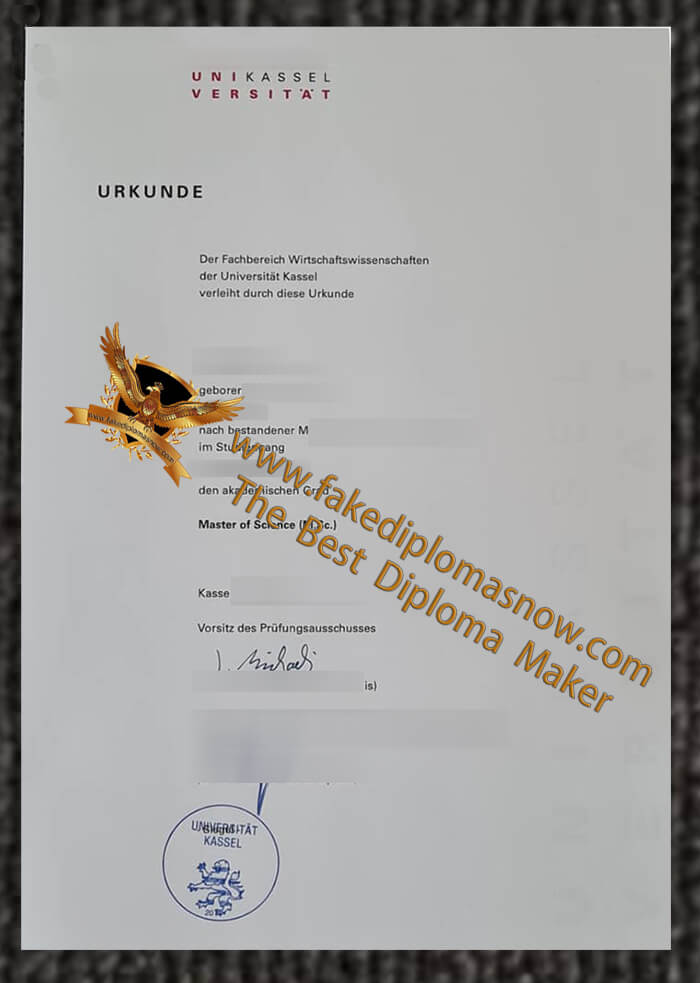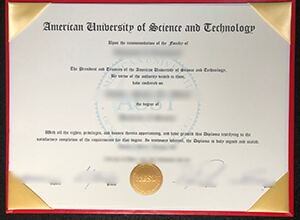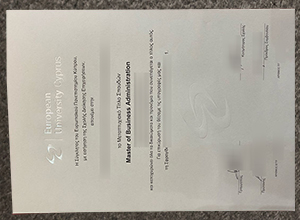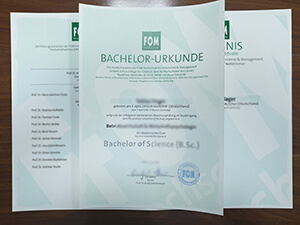
Universität Kassel Urkunde
How to 100% copy the Universität Kassel Urkunde? Fast ways to get a fake Universität Kassel degree in Germany. Where to order a realistic University of Kassel diploma and transcript? Universität Kassel degree and transcript for sale. Best fake diploma maker. How to Buy a fake Universität Kassel diploma for a job? Best fake Universität Kassel diploma certificate maker. The University of Kassel is located in the city of Kassel in central Germany. With a long history and high teaching quality, the school now has more than 1,700 students from 98 countries studying at the university, mainly because the degree programs it offers are of international academic standards. The university has signed cooperation contracts with 22 universities in Africa, America and Asia. More than 100 scientists were invited to conduct academic research and teaching at the University of Kassel. In 2000, German universities ranked among the top 50. As early as 1633, Kassel was known as a university city until the University of Marburg was founded in Marburg two decades later. Friedrich II founded the Academy of Arts in 1777, which is today’s Art Academy; The Higher Vocational Education School (Institute of Technology) taught and led by William Bunsen, as well as the National School of Architecture in Kassel (renamed the Faculty of Engineering since 1963) can be regarded as the predecessor of the University of Kassel. In 1866, there was an official plan to convert the Polytechnic Institute into a polytechnic school or university. Due to funding problems, this plan was ultimately not implemented (in its place, RWTH Aachen University was officially established in 1870). In the neighboring city of Witzenhausen, the German Colonial School (Tropical School) was established in 1898 to provide agricultural education for the inhabitants of the developing German overseas colonies. Today’s 11th category of majors, the campus of ecological agricultural science is located here. In 1958, there were calls for the first university to be established, followed by civic initiatives. In 1970, the Hesse State Parliament made a resolution to establish a comprehensive university; Ludwig von Friedberg, then Minister of Culture of Hessen State, was specifically responsible for the creation of the Kassel Comprehensive University. Teaching began on October 25, 1971; a year later the first rector – Ms. Vera Rüdiger was born; the first graded degree education according to the new Kassel model was introduced in 1974; a year later , Prof. Ernst Ulrich von Weizsäcker has been elected as the new rector of GhK. The Hopla campus opened in 1985, and in its 20th anniversary year, more than 16,000 students have enrolled. In 1993, the management of the school decided to change the name of the school to the University of Kassel; in the same year, the university also joined the German Science Foundation. Benefiting from external sponsorship, the University of Kassel added two interdisciplinary majors at the beginning of the 2001 winter semester, namely computer and economic engineering. On February 15, 2001, the University of Kassel ushered in its first anniversary, which was also its 30th anniversary. In 2003 the “Gesamthochschule” was dropped again from the university name and it has been called “Universitaet Kassel” ever since. In 2004, the university opened new bachelor’s and master’s disciplines, and added several master’s of science disciplines in the winter semester of the same year, such as mechatronics and nanostructure science. In line with the requirements of modularization under the Bologna Process, the university began to reform the credit system and centralize and automate the study program. By 2010, the total number of students exceeded 20,000 for the first time.





